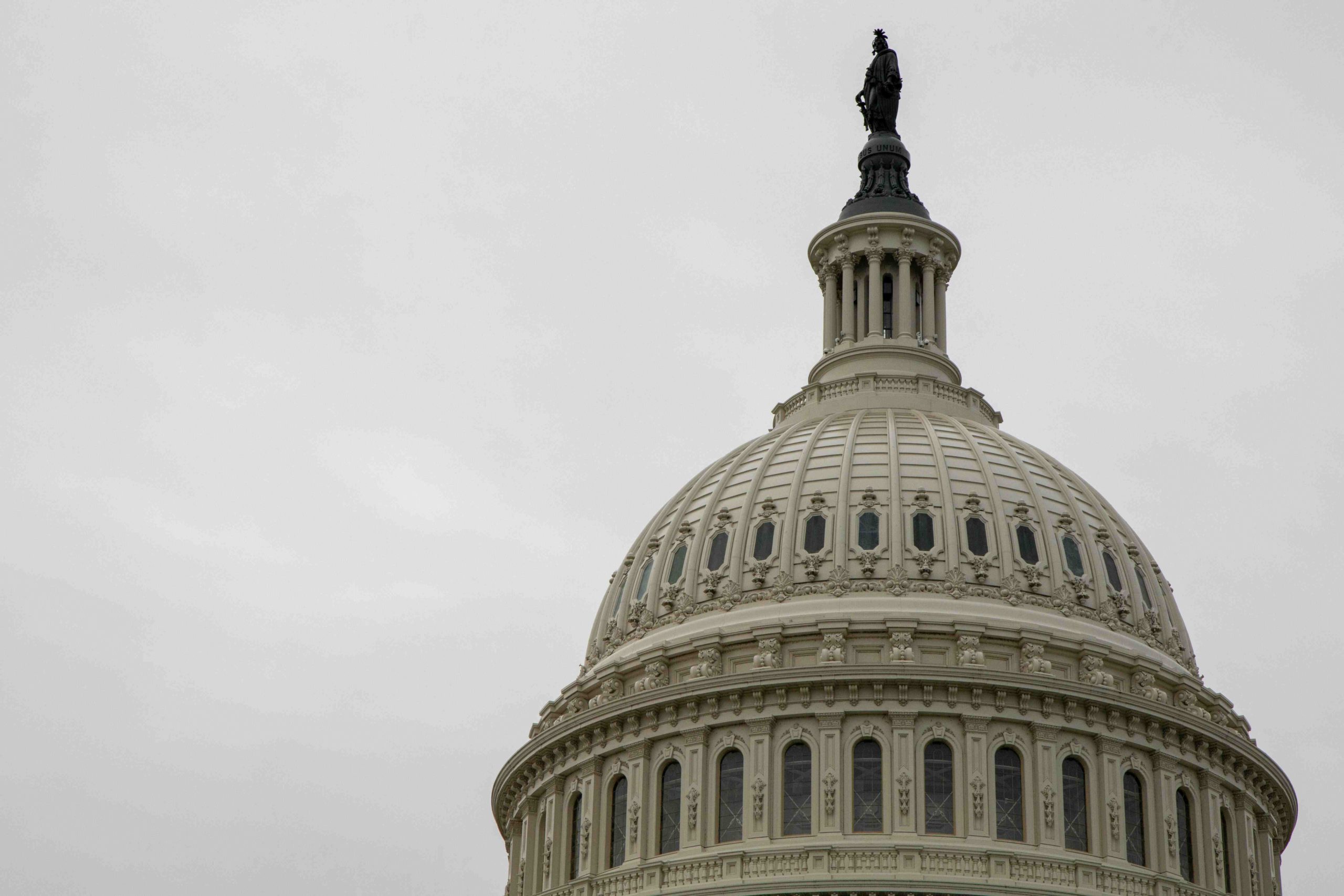Foreign chambers of commerce in the Philippines have made a significant plea to lawmakers, urging them to consider lifting foreign ownership limits entrenched in the 1987 Constitution. Their argument stems from the belief that such a move would catalyse foreign direct investments (FDIs) in the country, which currently stands as one of the less appealing investment destinations in Southeast Asia.
In a letter addressed to House Speaker Ferdinand Martin G. Romualdez, the Joint Foreign Chambers of the Philippines (JFC) expressed support for the relaxation of restrictions on foreign direct investment. Specifically, they advocate for the removal of economic barriers, asserting that this step would pave the way for increased FDI in sectors where such investment is presently restricted.
The ongoing deliberation on Resolution of Both Houses (RBH) No. 7, which proposes to alleviate economic constraints in the ownership of public utilities, educational institutions, and advertising, serves as the backdrop for this advocacy. The resolution suggests the insertion of the phrase “unless otherwise provided by law” into the relevant sections of the Constitution that currently restrict foreign ownership in these sectors.
The JFC underscores the advantage of employing legislation or executive regulation to adjust the regulatory environment for FDI swiftly, allowing for adaptability to technological advancements, compliance with international treaty requirements, and the exploitation of new global economic opportunities.
Against the backdrop of a 13.3% decline in FDI net inflows to the Philippines, totaling $7.58 billion in the first 11 months of 2023 compared to the previous year, the urgency of the matter is evident.
Comprising prominent entities such as the American Chamber of Commerce of the Philippines, Australian-New Zealand Commerce of the Philippines, and European Chamber of Commerce of the Philippines, among others, the JFC’s unified stance amplifies the gravity of the issue.
Former Supreme Court Justice Adolfo S. Azcuna emphasises that the inclusion of the phrase “unless otherwise provided by law” would render the provision subject to legislative amendments, enabling Congress to enact a comprehensive foreign investment law, potentially incorporating safeguards like reciprocity.
Adoracion M. Navarro, a senior research fellow at the Philippine Institute for Development Studies (PIDS), posits that while amending the economic provisions of the Constitution doesn’t equate to complete liberalisation, it necessitates meticulous sectoral scrutiny and prioritisation by Congress.
Highlighting the potential benefits, National Economic and Development Authority (NEDA) Undersecretary Rosemarie G. Edillon underscores how increased foreign investments, particularly in public utilities, could mitigate power costs, enhance telecommunications, and modernise manufacturing.
Conversely, opinions differ regarding the necessity of constitutional amendments, with Camarines Sur Rep. Gabriel H. Bordado, Jr. asserting the sufficiency of existing constitutional provisions to uphold the global competitiveness of the local education sector.
Amidst these deliberations, Congress aims to vote on constitutional amendments before the Holy Week break, signifying the timeliness and urgency of the matter at hand.


